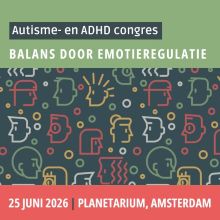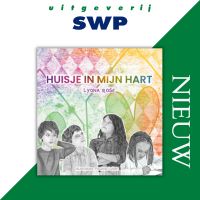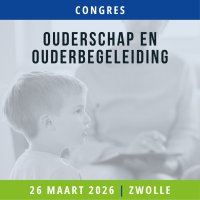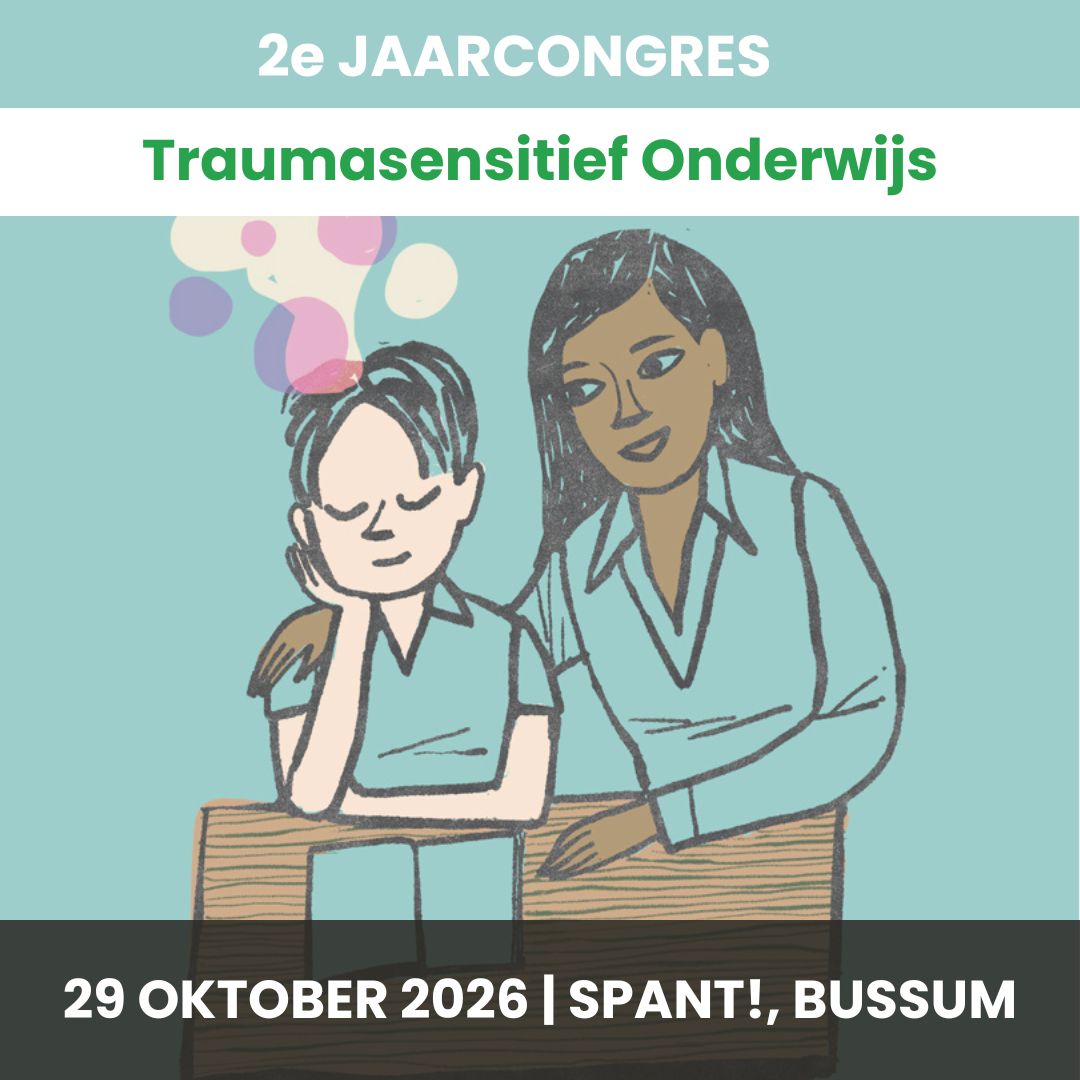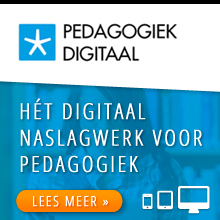Gerrit Breeuwsma (2019). Bemoei je er wel/niet mee… Opvoeden tot ingrijpen of wegkijken. Pedagogiek in Praktijk 25(112), 14-18
Bregman, R. (2019) De meeste mensen deugen. Een nieuwe geschiedenis van de mens. Amsterdam: De Correspondent.
Darley, J.M. & Latané, B. (1968). Bystander intervention in emergencies: diffusion of responsibility. Journal of Personality and Social Psychology, 8, 377-383.
Espelage, D.L., Polanin, J.R. & Low, S.K. (2014). Teacher and staff perceptions of school environment as predictors of student aggression, victimization, and willingness to intervene in bullying situations. School Psychology Quarterly, 29(3), 287-305.
Mulvey, K.L. et al. (2018). School and family factors predicting adolescent cognition regarding bystander intervention in response to bullying and victim retaliation. Journal of Youth and Adolescence 48(3), 581-596.
Nussbaum, M. (2010). Niet voor de winst. Waarom de democratie de geesteswetenschappen nodig heeft. Amsterdam: Ambo.
Obermann, M-L. (2011). Moral disengagement among bystanders to school bullying. Journal of School Violence, 10(3), 239-257.
Oldenburg, B. (2017). Bullying in schools: The role of teachers and classmates. Academisch proefschrift: Rijksuniversiteit Groningen.
Plötner, M., Over, H., Carpenter, M. & Tomasello, M. (2015). Young children show the bystander effect in helping situations. Psychological Science, 26(4), 499-506.
Samivalli, C. (2014). Participants roles in bullying: how can peer bystanders be utilized in interventions? Theory in Practice, 53(4), 286-292.
Warneken, F. & Tomasello, M. (2006). Altruistic helping in human infants and young chimpanzees. Science, 311, 1301-1303.

